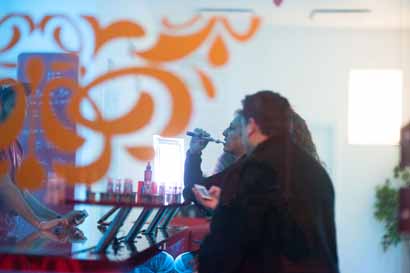Under a proposal before Hawaii’s state Legislature, cigarette sales would be effectively banned outright by 2024, according to a Hawaii News Now story.
The ban would go into effect progressively, starting with raising the minimum age for buying cigarettes from 21 to 30 in 2020.
By 2022, no one under 50 could buy cigarettes.
And two years later, no one under 100 would be allowed to buy cigarettes.
The story rated the measure, House Bill 1509, as a long shot. It said it had passed its first reading last week, a procedural hurdle, and had been assigned to committees. But it didn’t yet have a hearing.
That didn’t mean it wouldn’t get one, the story went on to say, especially after news of the proposal started generating headlines nationally.
The authors of the bill, two Democratic representatives and a Republican, said the proposed ban simply made sense.
“The cigarette is considered the deadliest artifact in human history,” they wrote in the preamble to the measure. “The cigarette is an unreasonably dangerous and defective productive, killing half of its long-term users.”
About 13 percent of Hawaii adults are smokers, which is lower than the national average of 17 percent.
Hawaii also has one of the nation’s highest cigarette taxes, at $3.20 a pack. And more than a decade ago, the Hawaii Legislature significantly expanded smoke-free zones, and included e-cigarettes in those prohibitions three years ago.
The measure before lawmakers that would ban cigarette sales would not include e-cigarettes.








